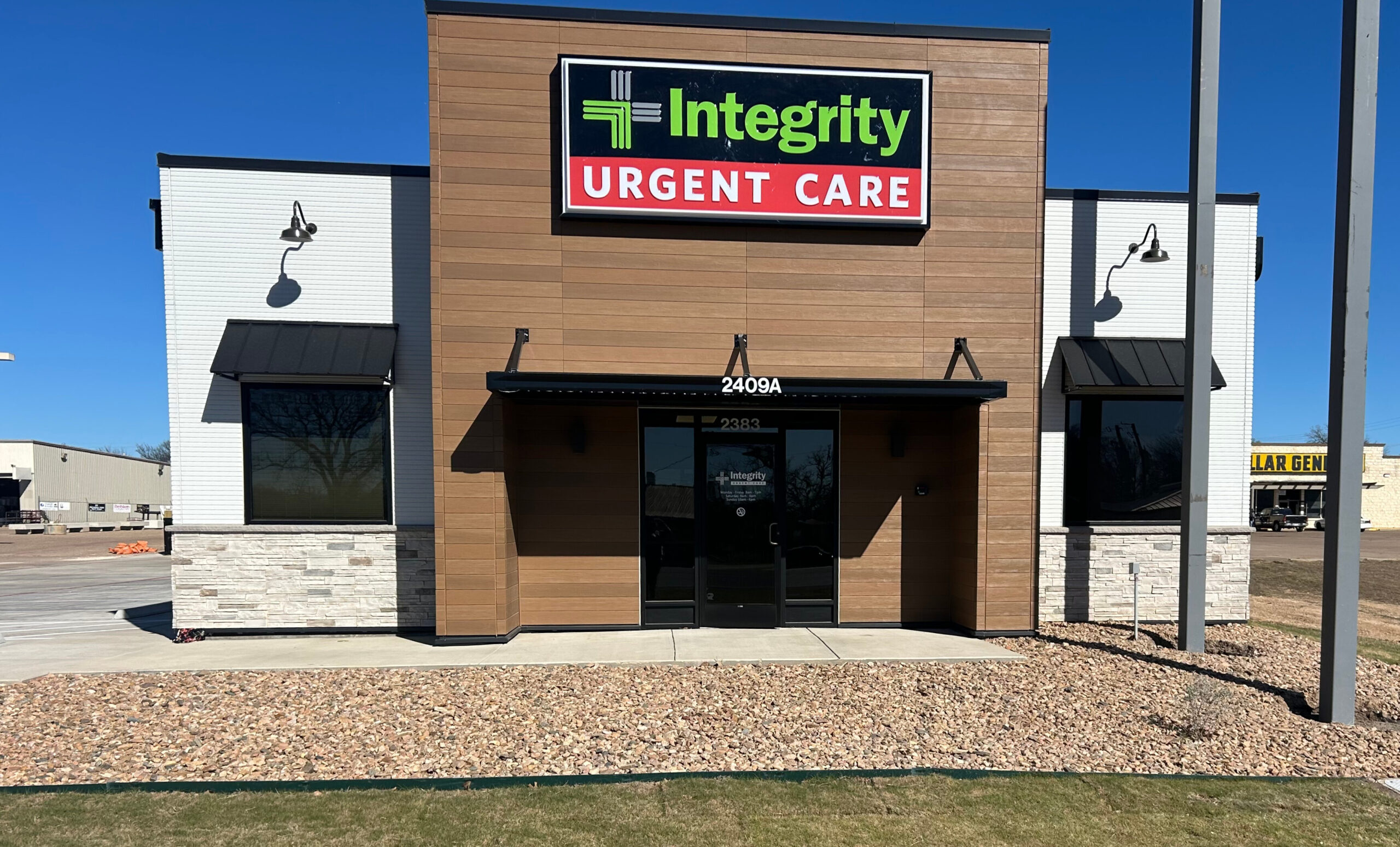Abdominal pain is one of the most common, but most difficult to treat ailments in the United States. According to AbbVie, a pharmaceutical and research company, more than 72% of adults site experiencing abdominal pain a few times a month or more. Integrity Urgent Care is here to help provide information and guidance for the pain you may also have.
What is Abdominal Pain?
The area of the abdomen may commonly be referred to as the stomach, the belly, or midsection. It is the portion of the body between the chest and the groin, from side to side. The abdomen may be used for describing something externally or internally. The abdomen is home to a number of organs that do a lot to help the body function including the stomach, gall bladder, intestines, liver, and more. The pain you may experience in this area could range from normal to in need of attention and, unfortunately, the intensity of pain has no correlation with what may be taking place in your body. When evaluating your own pain, it is helpful to discuss whether it is localized or general, where the origin point seems to be, if the pain is steady or comes in waves, and how long the pain has been occurring.
What are some factors that could be contributing?
Abdominal pain could factor in dozens of situations and not all of them are serious health concerns. In fact, some abdominal pain is contributed to gas or issues needing to use the restroom. Abdominal pain paired with nausea or diarrhea can be related to gastroenteritis or a stomach bug. However this isn’t always the case and sometimes there are larger health issues at play, particularly when a fever is present when there is blood in your stool, or, according to the Mount Sinai health system, when pain doesn’t improve over 24-48 hours. They contribute less serious conditions to “constipation, irritable bowel syndrome, food allergies, lactose intolerance” or more. Women may have additional issues to consider when experiencing abdominal pain, like menstrual cramps or pregnancy issues. The help of an obstetrician or gynecologist should be obtained in some of these cases.
Tips and Advice
If you have ruled out seeking immediate medical assistance, there are several ways to help alleviate your pain. Rest is always helpful for a number of medical ailments. Additionally, sipping small amounts of water, sports drink, or other clear liquid can help your body stay hydrated to combat the source of your pain. If nausea has lead to throwing up, wait a period of time then eat bland foods like a few crackers or a small amount of rice. If you believe you are experiencing persistent heartburn or indigestion, an over-the-counter aid may help some of your symptoms. If you are still uncomfortable or experience this type of pain over a longer-term, you may want to see a doctor for an evaluation. There are preventative measures you can take place as well. Diet and exercise can contribute to your overall well-being, especially if you need to avoid certain foods for intolerances or increase other foods to provide the fiber you need. We recommend drinking a large amount of water each day, to keep your body healthy.
If you feel the need to seek medical care, Integrity Urgent Care is here to help you get back on your feet quickly. Our locations are open Monday through Friday from 8 am to 8 pm and are ready to serve you or your family with no appointment needed. Whether you are experiencing abdominal pain or some other medical issue, come visit our qualified and caring team.
Resources:
https://medlineplus.gov/ency/article/003120.htm
https://www.mountsinai.org/health-library/symptoms/abdominal-pain
https://news.abbvie.com/news/new-survey-reveals-more-than-half-americans-are-living-with-gastrointestinal-symptoms-and-not-seeking-care-from-doctor.htm



